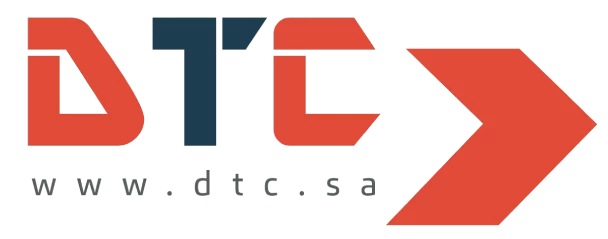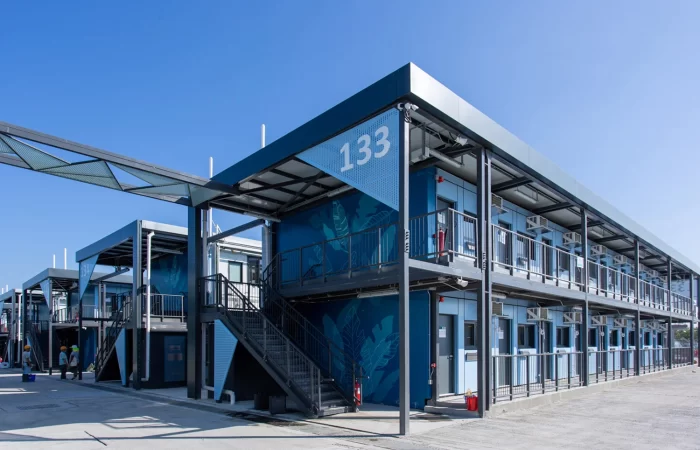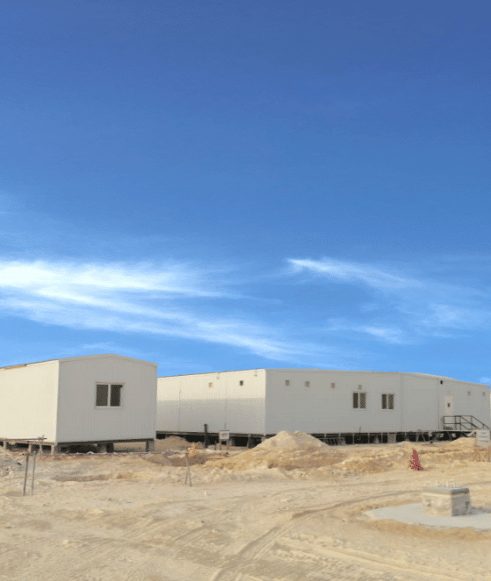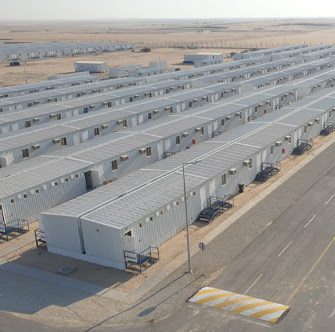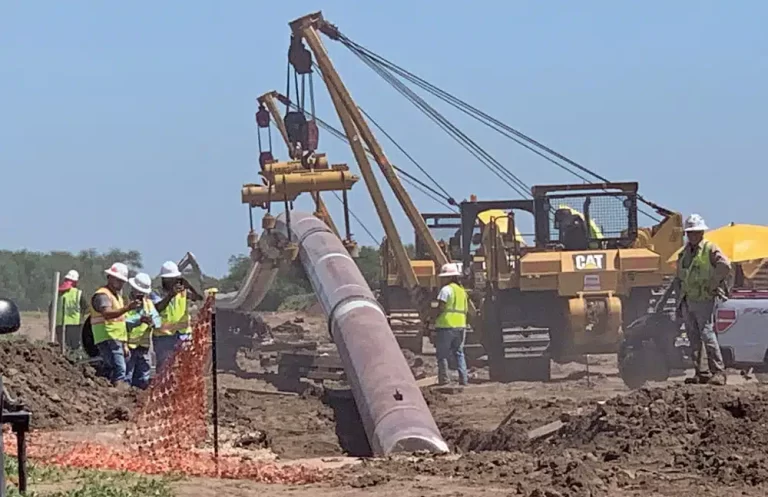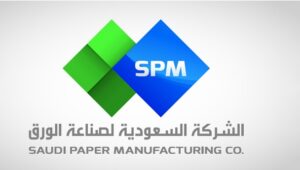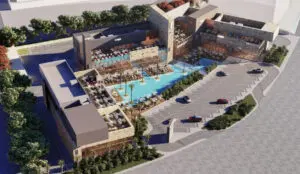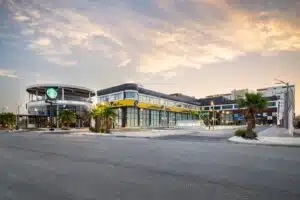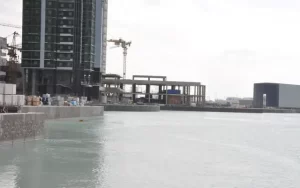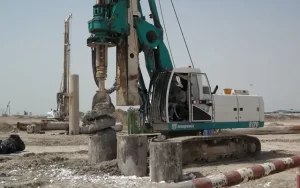Temporary Construction Facility Capabilities Method Statement in Saudi Arabia
In large-scale construction projects across Saudi Arabia, particularly those under Vision 2030, Temporary Construction Facilities (TCFs) play a critical role in enabling smooth execution. Whether the project is an industrial complex in Dammam, a logistics hub in Riyadh, or a mega-development in NEOM, TCFs provide the backbone of operational support until the permanent infrastructure is completed.
This method statement outlines the scope, setup, operation, and demobilization of TCFs, emphasizing their capabilities and compliance with Saudi regulations.
Scope of the TCF Method Statement
The scope includes the establishment, operation, and removal of temporary facilities such as:
-
Site offices and administration units
-
Worker welfare and accommodation areas
-
Material storage and warehouses
-
Workshops and fabrication yards
-
Utilities (power, water, sewage, drainage)
-
Safety, security, and medical facilities
-
Transportation and logistics support
These facilities are designed to support contractors, consultants, and workforce requirements during the project execution phase.
TCF Capabilities
1. Project Administration & Management
-
Modular or prefabricated site offices.
-
Meeting rooms, document control centers, and IT infrastructure.
-
Dedicated control rooms for project monitoring.
2. Worker Welfare & Accommodation
-
Temporary housing facilities in remote areas.
-
Dining halls, kitchens, and food storage areas.
-
Restrooms, ablution units, and recreational facilities.
-
Medical clinics and emergency treatment rooms.
3. Storage & Logistics
-
Laydown yards for heavy equipment and steel structures.
-
Covered warehouses for cement, paints, and sensitive items.
-
Secure storage for high-value machinery.
4. Utilities & Services
-
Power supply through diesel generators or temporary substations.
-
Potable water distribution, tanks, and sewage management.
-
Temporary internal roads and drainage networks.
-
Lighting for night operations.
5. Workshops & Fabrication Units
-
Welding shops, carpentry workshops, and electrical repair facilities.
-
Mechanical service bays for equipment maintenance.
6. Health, Safety, and Security
-
Access gates and perimeter fencing.
-
Firefighting equipment and hydrants.
-
First-aid and safety induction centers.
-
Trained emergency response teams.
Methodology for Establishing TCFs
Step 1: Planning & Design
-
Conduct site surveys and soil tests.
-
Determine workforce size, material requirements, and project duration.
-
Prepare design layouts in line with Saudi Building Code (SBC) and client standards.
Step 2: Mobilization
-
Delivery of prefabricated cabins, modular offices, and utility systems.
-
Setup of access roads and temporary fencing.
-
Connection of power, water, and sewage systems.
Step 3: Operation
-
Maintain site offices for administration and supervision.
-
Provide continuous utilities and welfare services.
-
Monitor and repair temporary facilities as required.
Step 4: Demobilization
-
Dismantle temporary structures at project completion.
-
Safely remove utilities and restore land to original condition.
-
Reuse or recycle prefabricated units for future projects.
Safety & Environmental Considerations
-
Compliance with Saudi Civil Defense and Aramco safety standards.
-
Waste management and recycling programs for sustainability.
-
Emergency evacuation plans and fire safety drills.
-
Dust and noise control in line with Saudi environmental regulations.
Importance of TCFs in Saudi Arabia’s Mega Projects
-
Remote project execution: Facilities in deserts or coastal zones enable 24/7 work.
-
Large workforce management: Thousands of laborers can be housed and supported.
-
Efficient execution: On-site facilities reduce downtime and delays.
-
Alignment with Vision 2030: Infrastructure growth demands reliable TCFs.
Example Applications by DTC
-
Oil & Gas Projects in Dammam Industrial City: Full TCF setup including camps, workshops, and utility networks.
-
Mega-Urban Developments in Riyadh: Modular office complexes and welfare units for consultants and contractors.
-
NEOM and Red Sea Projects: Remote desert facilities designed to support large workforces with sustainable solutions.
Conclusion
A Temporary Construction Facility (TCF) Method Statement ensures that all aspects of site setup, operation, and demobilization are clearly defined. In Saudi Arabia’s fast-growing construction sector, DTC’s TCF capabilities provide reliable, safe, and sustainable solutions that keep projects on schedule and within budget.
Call to Action
Looking for a reliable partner for Temporary Construction Facility setup in Saudi Arabia?
Trust DTC General Contracting for end-to-end TCF solutions.
📞 +966 566 41 1325
📧 info@dtc.sa
🌐 Visit Our Website
📺 YouTube | 💼 LinkedIn
Keywords
Temporary Construction Facility capabilities method statement Saudi Arabia, TCF contractors KSA, temporary site facilities setup Riyadh, Jeddah TCF method, Dammam construction facility services, Al Khobar TCF contractors, worker camp setup Saudi Arabia, modular site office contractors, Vision 2030 temporary construction services
